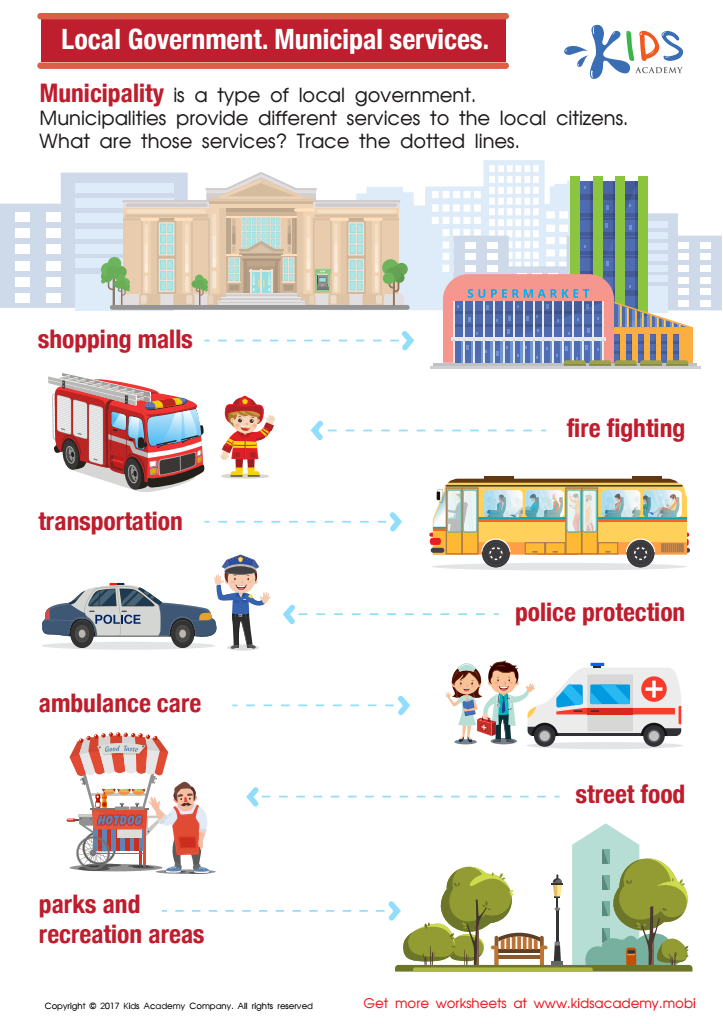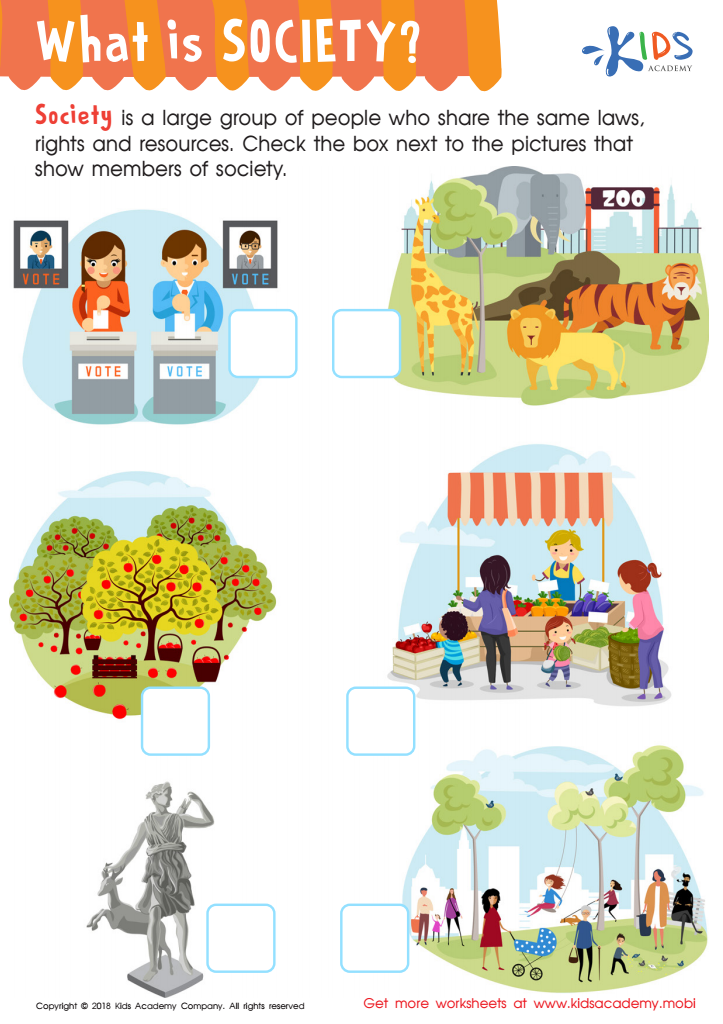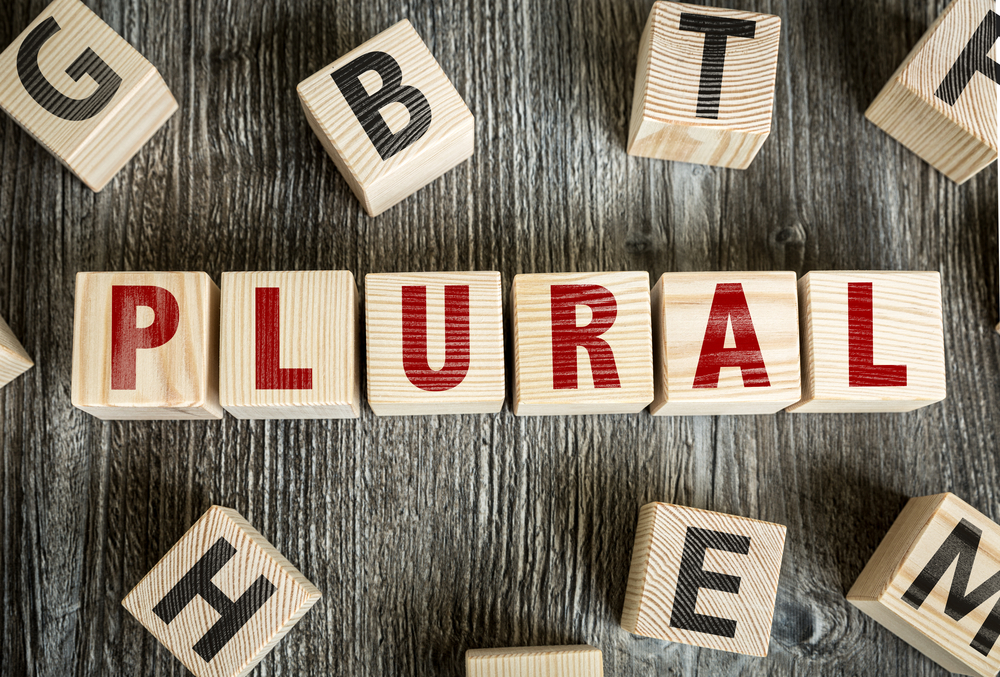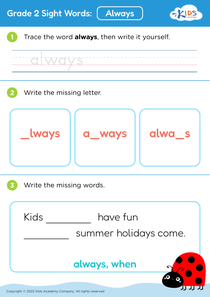2.2b Individual Development and Cultural Identity worksheets With Answers for Grade 2
2 filtered results
-
From - To
Explore our "2.2b Individual Development and Cultural Identity Worksheets" designed for Grade 2 students! These engaging worksheets aim to foster understanding of the diverse cultural identities that shape individual development. Featuring various scenarios and questions, students will learn to appreciate differences and similarities in their peers. Each worksheet includes an answer key, making it easy for teachers to assess student progress. Perfect for enhancing social studies lessons, these resources encourage critical thinking and empathy, preparing young learners to navigate an interconnected world. Download the worksheets now and enrich your classroom with vital insights into identity and culture!


Local Government Worksheet


What Is Society? Worksheet
Parents and teachers should care about 2.2b, which focuses on Individual Development and Cultural Identity, because it helps children understand who they are and where they come from. At this age, children are starting to explore their own identities, including their cultural backgrounds and how these shape their beliefs, values, and relationships.
Promoting a sense of identity is important because it can boost a child's self-esteem and confidence. When children learn about their cultural identity and that of others, they gain respect for differences and similarities between themselves and their peers. This understanding promotes kindness and helps create a more inclusive environment where everyone feels valued.
Moreover, learning about cultural identity encourages children to express themselves in a healthy way. It allows them to share their own traditions, stories, and experiences. When teachers and parents support this learning, they help children grow into compassionate and open-minded individuals.
Lastly, discussing individual development and cultural identity encourages families to engage together in meaningful conversations. This leads to stronger connections at home and reinforces the importance of diversity, ultimately guiding children towards becoming informed and considerate members of society.
 Assign to My Students
Assign to My Students















